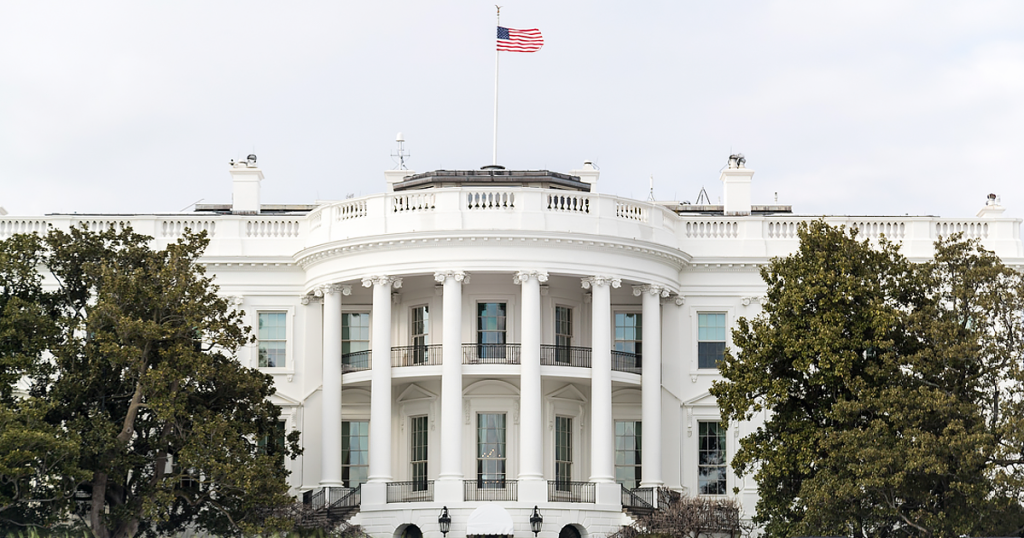Biden Administration Should Address Outbound Investment Risks
WASHINGTON — The Coalition for a Prosperous America (CPA) today released a statement regarding the Biden administration’s Executive Order to strengthen the federal government’s authority to block Chinese investment in technology in the United States and limit the Chinese Communist Party’s access to private data on American citizens. Specifically, the Executive Order directs the Committee on Foreign Investments in the United States (CFIUS) to more carefully review Chinese inbound investment deals involving critical technologies such as semiconductors, as part of a continuing effort to address the security threats that China poses to the U.S.
CPA supports the Biden administration’s goal of closing gaps in U.S. policy that allow China to utilize inbound and outbound investment to further the Chinese Communist Party’s (CCP) goals. However, addressing this risk must include a robust screening process of outbound U.S. investment to ensure U.S. capital is prohibited from funding the rise of China.
“The goal of this Executive Order is an important one, and CPA has long supported increased scrutiny on Chinese investment in the U.S.,” said Zach Mottl, Chairman of CPA. “Going forward, the Biden administration should also address outbound investment to China that poses a serious risk to U.S. national and economic security. Currently, U.S. capital is flowing to bad-actor Chinese companies that are complicit in the CCP’s genocide, human rights abuses, military modernization efforts, and economic warfare against American workers and manufacturers. We strongly urge the Biden administration to prioritize and move forward with action to address U.S. outbound investment.”
In August, CPA released its findings regarding the Thrift Savings Plan’s (TSP) new Mutual Fund Window. As first reported by The Wall Street Journal, CPA’s deep-dive into the Mutual Fund Window’s offerings document serious exposure to companies owned or controlled by the Chinese Communist Party (CCP). Shockingly, the FRTIB admitted publicly that it has not conducted any due diligence to evaluate whether these mutual funds include Chinese-owned entities that pose national security risks or fund Chinese companies engaged in human rights violations.
CPA’s research also found that five of the largest international funds in the Window had an average weight of 22 percent toward Chinese companies, and all five funds held companies listed on the U.S. Department of Treasury’s list of Chinese Military-Industrial Companies, the Department of Commerce Entity List, the Commerce Department’s Unverified list, or the Department of Defense Chinese Military Companies list. Companies are placed on these lists because they threaten U.S. national interests, have been involved in serious technology theft, and/or are implicated in the genocide of the Uyghur people.
CCP-owned companies found in the funds include the Aviation Industry Corporation of China (AVIC), China General Nuclear Power Group (CGN), and COSCO Shipping. The funds also included companies under scrutiny for forced labor practices, as well as those involved in China’s growing surveillance technology state.












